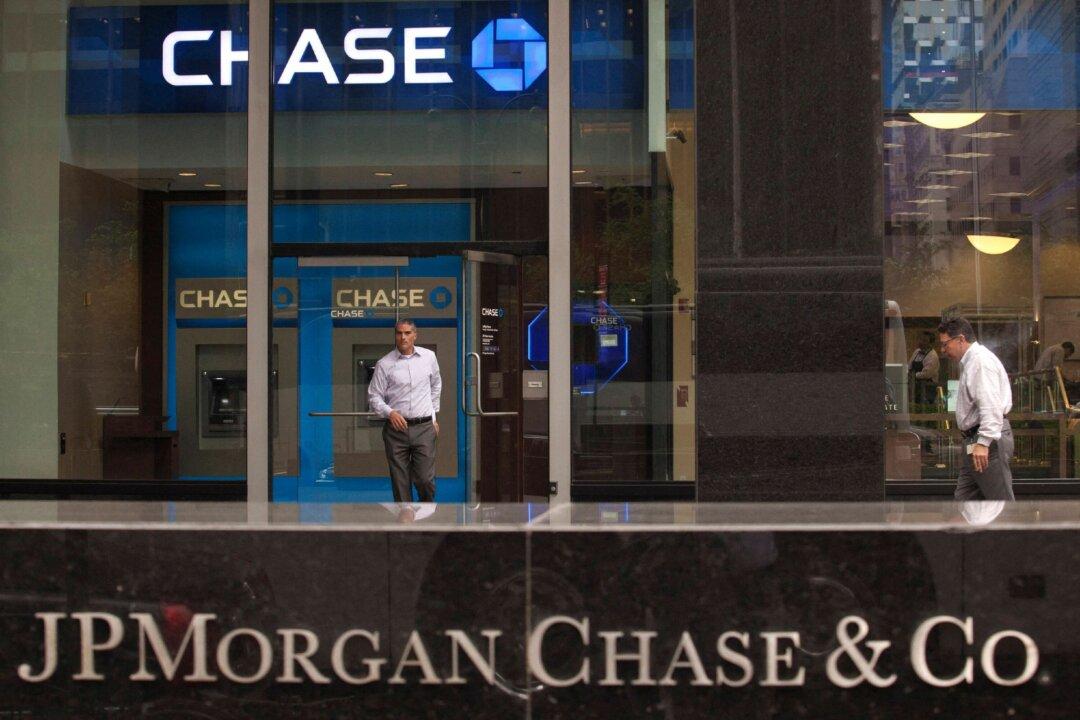Investors who are fighting the politicization of America’s banks scored a rare win last week with a Securities and Exchange Commission (SEC) ruling that allowed a shareholder proposal in favor of political and religious diversity at JPMorgan Chase to go forward, despite the bank’s objections.
On March 29, the SEC green-lighted a shareholder proposal that would direct the bank’s board to investigate what some say is a “disturbing trend of politicized debanking” at the bank. These shareholders argue that JPMorgan Chase has systematically discriminated against customers because of their political or religious beliefs, and taken steps toward implementing personal social credit scores in America.





